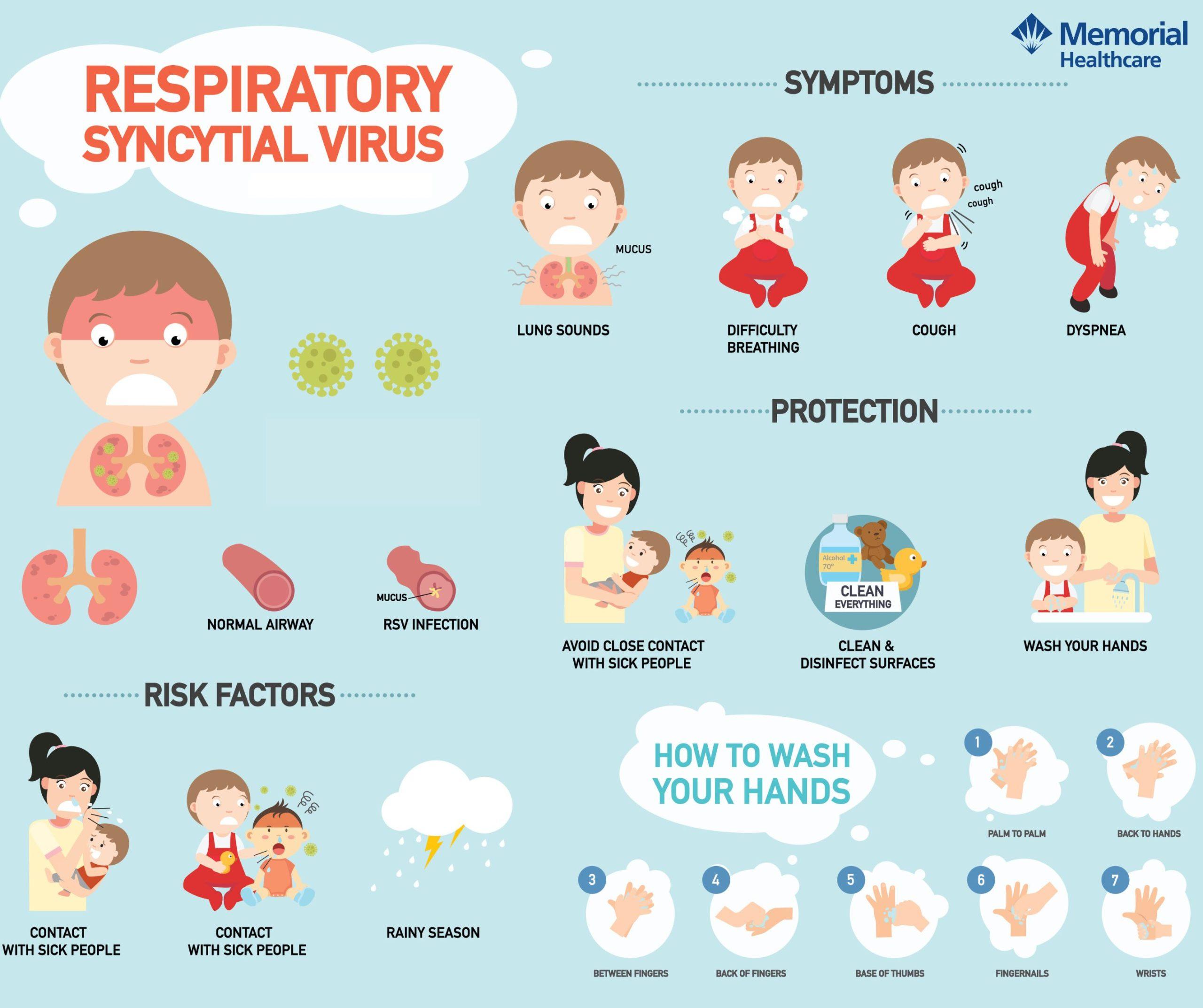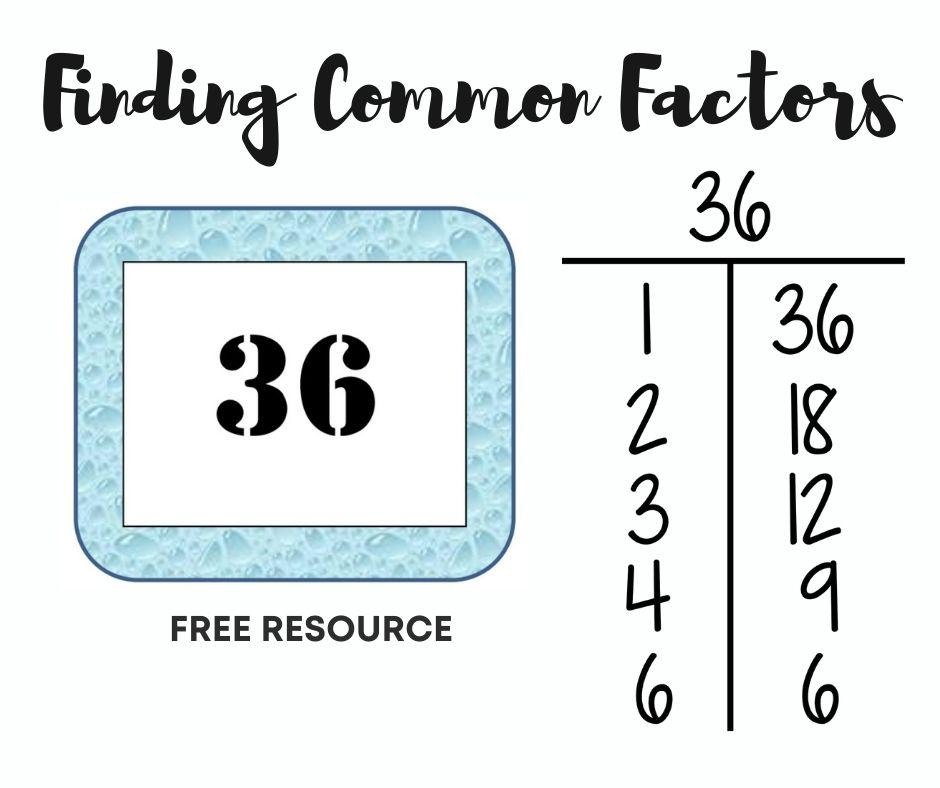In the age of increasing awareness surrounding infant health and well-being, a recent study has shed light on a crucial factor in the decision for future parents to receive the respiratory syncytial virus (RSV) vaccine during pregnancy. The study reveals that expectant parents are more likely to opt for the vaccine when they are aware of the potentially serious consequences RSV can have on their newborns. This newfound understanding opens up a potential avenue for improving infant health outcomes and underscores the importance of education and informed decision-making when it comes to protecting our little ones.
– Importance of RSV Vaccine for Future Parents
For future parents, understanding the importance of getting the RSV vaccine while pregnant can make a significant difference in protecting their newborn from this potentially serious illness. A recent study found that expectant mothers were more likely to receive the RSV vaccine when they were aware of the risks associated with Respiratory Syncytial Virus (RSV) in infants. By getting vaccinated during pregnancy, mothers can pass on protective antibodies to their babies, giving them a head start in fighting off RSV.
Aside from vaccination during pregnancy, there are other steps that future parents can take to reduce the risk of RSV in their newborn. These include practicing good hygiene, avoiding close contact with sick individuals, and keeping frequently touched surfaces clean. By being proactive and informed about RSV, parents can help protect their little ones from this common respiratory virus that can lead to severe complications or hospitalization in infants.

– Understanding the Seriousness of RSV in Infants
Research has shown that future parents are more likely to get the RSV vaccine when pregnant if they are aware of the seriousness of RSV in infants. Respiratory syncytial virus (RSV) is a common respiratory virus that can cause serious illness in young children, especially infants. Being informed about the potential impact of RSV on their newborn baby can motivate expectant parents to take preventative measures, such as getting vaccinated during pregnancy.
Understanding the severity of RSV in infants is crucial for parents to protect their child from the virus. Common symptoms of RSV in infants include coughing, wheezing, and difficulty breathing. In severe cases, RSV can lead to pneumonia, bronchiolitis, and even hospitalization. By educating parents about the risks associated with RSV, healthcare providers can empower them to make informed decisions about vaccination and other preventative measures to keep their baby safe.

– Impact of Parental Awareness on Vaccination Rates
According to a recent study, expectant parents are more likely to opt for the RSV vaccine during pregnancy if they are aware of the potential seriousness of Respiratory Syncytial Virus (RSV) in infants. RSV is a common respiratory virus that can lead to severe illness, especially in young children. The study found that the rate of vaccination among pregnant women increased significantly when they were educated about the risks associated with RSV in infants.
**Key findings of the study include:**
– Future parents who were informed about the potential severity of RSV in infants were 30% more likely to choose to get vaccinated during pregnancy.
– Increased awareness about RSV and its impact on newborns resulted in a higher vaccination rate among pregnant women across different demographics.
– Education plays a crucial role in influencing parental decisions regarding vaccinations, especially when it comes to protecting vulnerable newborns from preventable illnesses.

– Recommendations for Healthcare Providers and Expecting Parents
Research has shown that expecting parents are more likely to receive the respiratory syncytial virus (RSV) vaccine during pregnancy if they are aware of the potential severity of RSV in infants. This highlights the importance of healthcare providers educating parents about the risks associated with RSV and the benefits of vaccination during pregnancy. By increasing awareness and understanding of the illness, healthcare providers can help protect vulnerable infants from RSV.
It is crucial for healthcare providers to have open and informative discussions with expecting parents about the importance of RSV vaccination during pregnancy. Providing clear and evidence-based information about the risks of RSV and the benefits of the vaccine can help parents make informed decisions about protecting their child’s health. By fostering communication and promoting vaccination, healthcare providers can play a vital role in preventing the spread of RSV and reducing the impact of the illness on infants.
Future Outlook
As our understanding of respiratory syncytial virus (RSV) continues to grow, one thing is certain – knowledge is power. By raising awareness of the potential severity of RSV in infants, we can empower future parents to take proactive steps to protect their little ones, starting with getting the RSV vaccine during pregnancy. With each new study, we move closer to a future where every child can thrive without the threat of this common but serious illness. So, let us stand together in the fight against RSV, armed with knowledge and compassion for the next generation. Here’s to a healthier, happier tomorrow for all.





